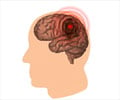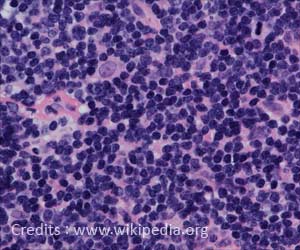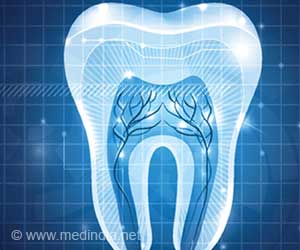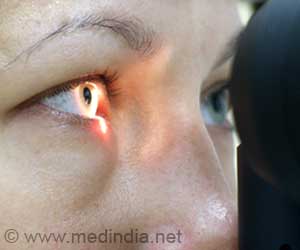Angry people with aggressive behavior have a higher risk of hypertension and stroke due to atherosclerosis (thickening of arterial walls).

In a recent report from Hypertension: Journal of the American Heart Association, Angelina Sutin lead author of the study done by the NIA, found that in comparison to agreeable individuals, aggressive people had greater thickening of the carotid arteries (arteries of the neck). Thickening of the carotid arteries is a risk factor for cardiovascular diseases and stroke.
Complications due to arterial wall thickening are slowly progressive and cumulative. It is generally asymptomatic and takes a long time for the symptoms to appear. However hypertension, chest pain, angina, transient ischemic attacks (TIA) are hints towards diagnosing atherosclerosis.
Arterial walls thicken due to deposition of plaque (cholesterol + lipid products). This plaque ruptures, leading to formation of a thrombus.The thrombus can lodge within the vessel and slows or completely stops the blood flow. Cessation of blood flow causes tissue death within 5minutes. This is known as infarction. When this occurs in the arteries to the brain, it is termed as stroke and if it occurs in the arteries of the heart it is called myocardial infarction or heart attack.
Arterial wall thickening will reduces the lumen of the vessels and causes the vessels to become less elastic causing more resistance to the blood flow and this leads to increase in arterial blood pressure (hypertension).
Though thickening of arterial walls is a sign of ageing, people who are aggressive have thickened walls even at a very young age.
Therefore people with aggressive behavior should get their cholesterol levels checked periodically to assess their cardiac health.
• HDL level should be more than 60mg/dL helps prevent heart diseases
• LDL level should be less than 100mg/dL and less than 70mg/dL for patients who have a cardio-vascular history
Diagnostic Test
Doppler ultrasound can determine the extent of arterial wall thickening.
Medical practitioners should look out for antagonistic or aggressive personality traits while assessing the patients for cardiac health. Intervention at a younger age will prove to be helpful for antagonistic people. Anger management techniques should be taught to such people.
The root cause for the aggression must be ruled out. Consulting a psychiatrist or neurologist for proper evaluation may be helpful.
So a more tolerant personality type may achieve less in life but has a better a health advantage and less prone to acquiring hypertension and stroke.
Reference: Hypertension 2010: 10.1161/HYPERTENSIONAHA.110.155317
Source-Medindia















